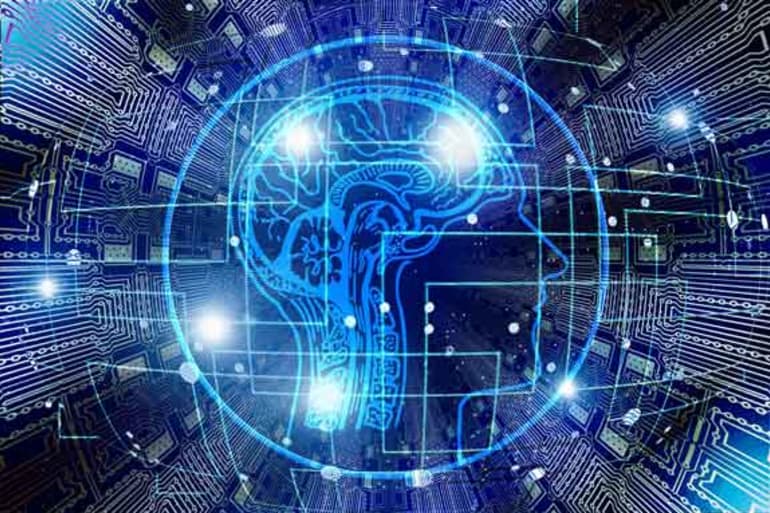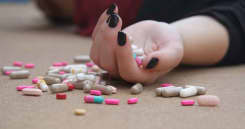When you have a mental illness and you drink, you understand the close relationship between alcohol and mental illness. Having a glass of wine or pint of beer at the end of a long day is a common way for millions of people across the nation to relax. That glass or pint might not offer the same relief to someone with mental illness, though.
Unpacking the relationship between the two isn’t exactly a straight line. Multiple factors come into play, from the type and amount of alcohol someone drinks to their particular mental illness. Some people have more severe forms or conditions compared to others. You’re often comparing apples to oranges depending on who you look at.
Still, doctors generally agree that you shouldn’t regularly drink alcohol when you have a mental illness. It might seem like that glass or pint helps you relax but may actually be doing more harm than good. What is the relationship between the two? If you have a mental illness, how do you know if you should avoid drinking?
The Ties Between Alcohol and Mental Illness
It’s difficult to make blanket claims on the relationship between alcohol and mental illness. Considering all the variables at stake, what drastically affects one person might cause a minor impact on another.
Why Do People with Mental Illnesses Drink?
About 30 percent of people who abuse alcohol have some type of mental illness. Additionally, about 50 percent of those with severe mental illness abuse alcohol or drugs. These staggering statistics might surprise some but if you have a mental illness it makes sense. It’s exhausting dealing with the symptoms of a mental illness day in and day out.

You might notice that having a drink relieves some of your more dominant symptoms. Obviously, the symptoms you experience vary depending on your mental illness diagnosis. Still, you may experience an ease in your anxiety or a lift them from your depressed mood. It’s a quick fix instead of waiting for an episode to pass.

Both substance abuse and mental illness are widely misunderstood. This makes it difficult for people to openly share their struggles. When someone uses drugs heavily and develops mental illness as a result, they find themselves in an even darker place. How can substance abuse lead to mental illness?
More infoDoes Alcohol Exacerbate Mental Illness?
Even if you don’t have a severe mental illness, drinking to relieve symptoms isn’t the best idea. It might give you some temporary relief but it doesn’t help you in the long run. Alcohol is a depressant substance. The anxiety relief and mood boost it provides comes from your decreased inhibitions. It doesn’t actually provide either of those things.
Usually, if you’re depressed or anxious, to begin with, those symptoms return when you drink too much. The first drink or two might provide relief but if you continue drinking you’ll end up back where you started the night out mentally.

Even if you only have one or two drinks and stop, you risk increasing your stress, anxiety, and depression. As the alcohol alters your brain chemistry it leads to worsening your mental illness.
Over time, drinking alcohol while dealing with mental illness isn’t a good combination. The alcohol only exacerbates your condition rather than helps it.
Some people appreciate the short-term relief they receive when they drink. But if they start relying too heavily on the effects of alcohol they might land themselves in an entirely new problem. What started as a way to relieve their mental illness might become an addiction. They may develop alcohol use disorder after a certain point. Is this you?
Alcohol and Mental Illness: Dual Diagnosis Conditions
For 8.2 million Americans over the age of 18, the relationship between substance abuse and mental illness is all too familiar. These people live with a dual diagnosis or the presence of both alcohol or substance use disorder and mental illness. The two conditions seem to feed one another, making dual diagnosis difficult to unpack and treat.
Also called co-occurring disorders, dual diagnosis conditions often stem from people with mental illness turning to drugs or alcohol. The relief alcohol provides from mental illness seems helpful at first. Before long, though, they find themselves trapped in a vicious cycle of symptoms and substances.
One of the biggest challenges with dual diagnosis conditions is the way alcohol’s effects interact with a person’s mental illness. Symptoms that seem like mental illness symptoms might actually stem from the drinking. Alcohol worsens anxiety and depression among other things. You need to remove alcohol from your system in order to get an idea of what you’re dealing with.

But how can you escape the cyclical nature of a co-occurring disorder?
Dual Diagnosis Treatment
Certain treatment facilities specialize in working with people who have co-occurring disorders. These centers understand the connections between mental illness and drinking. They also understand how to properly treat the two-fold nature of the dual diagnosis.
First, they separate you from alcohol. This removes any question of whether it’s the alcohol or the mental illness causing certain symptoms. Once the alcohol is completely removed, clinicians have a proper view of what you’re working with. Only then can you make any real progress towards treating your mental illness.
Do you need the help of dual diagnosis treatment? Hawaii Island Recovery specializes in the treatment of co-occurring disorders through well-rounded treatment methods. Call our admissions office today at 877-721-3556 to learn more about the options available to you!
 Hawaii Island Recovery
Hawaii Island Recovery 










